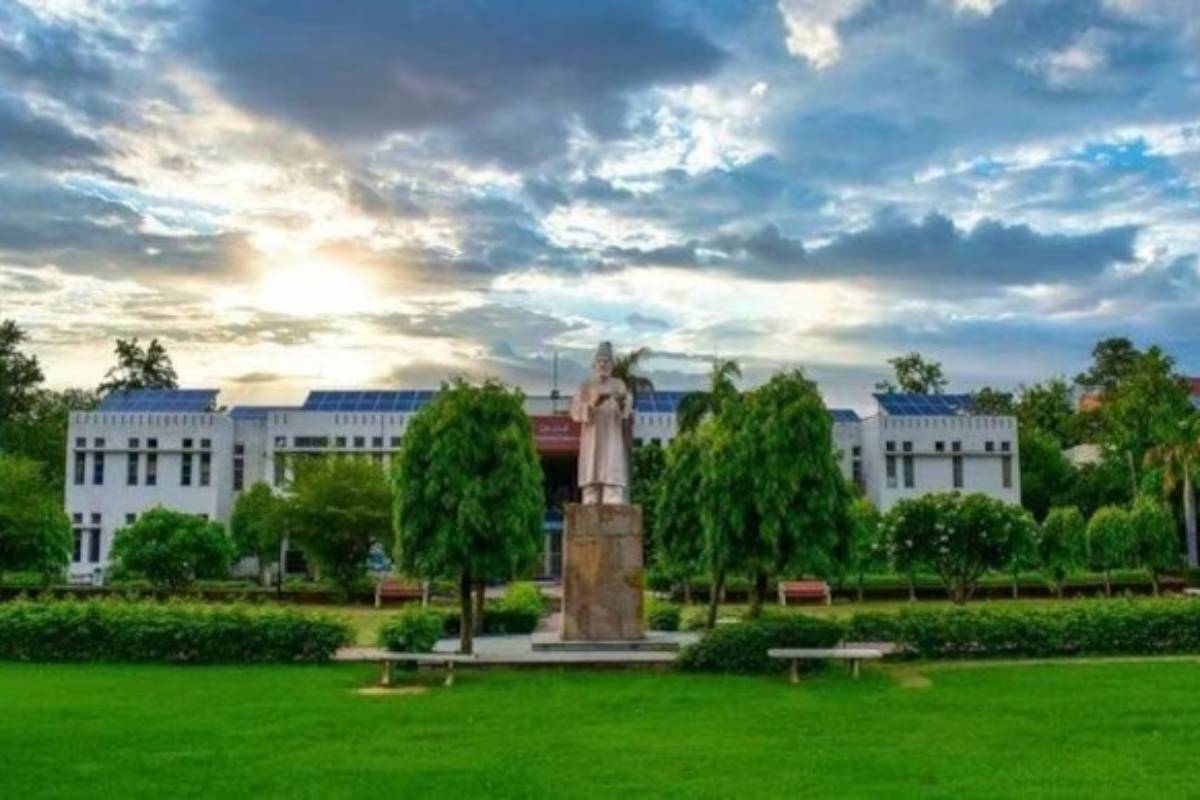NEW DELHI: Jamia Millia Islamia (JMI) has issued a notice prohibiting protests, dharnas, and slogan-raising activities on campus without prior approval from university authorities. The directive, released through an office memorandum, warns students of “disciplinary” measures if they engage in such actions.
The memorandum emphasizes that protests targeting constitutional figures or law enforcement agencies require formal consent to maintain a conducive academic environment. The notice explicitly states, “No protests, dharnas, raising slogans against any constitutional dignitaries shall be allowed in any part of the University Campus. Otherwise, disciplinary action against such erring students shall be initiated as per provision of the University rules.” This stance was previously set out in a similar office order issued in August 2022, reinforcing the university’s position on the matter.
The recent order has drawn sharp criticism from the All India Students’ Association (AISA), which condemned the directive as an attack on students and the essence of a university. AISA urged students to stand against what they view as an infringement on the university’s autonomy and its tradition of resistance. The student body accused the administration of succumbing to political pressure, claiming the university had become a “mouthpiece for the BJP-RSS agenda.”
“This directive is not merely an attack on students—it is an attack on the very essence of a university,” AISA stated, adding, “We will not let this legacy be hijacked by the Sangh’s foot soldiers in the administration.”
ALSO READ: Bhopal Gas Tragedy: 40 years on, toxic waste still plagues city
The notification followed recent protests by Left-wing organizations against violence in Uttar Pradesh’s Sambhal over a survey of the Shahi Jama Masjid. Official sources revealed that the notice was issued after students were seen raising slogans against Prime Minister Narendra Modi and other law enforcement agencies without permission.
The memorandum also reiterates the importance of maintaining a conducive academic atmosphere and asserts that activities like protests and slogans are incompatible with this environment. Faculty members and department heads have been instructed to ensure students are aware of these guidelines.
JMI’s ban on protests has raised significant concerns about freedom of expression and the right to dissent within educational institutions. The order highlights the ongoing tension between university administrations and student bodies over the limits of student activism and the role of universities in political discourse.
As the debate continues, the directive serves as a stark reminder of the delicate balance between maintaining order and respecting student rights to protest and express dissent. The university’s decision has sparked a broader conversation about the autonomy of educational institutions and their role in nurturing democratic values.












